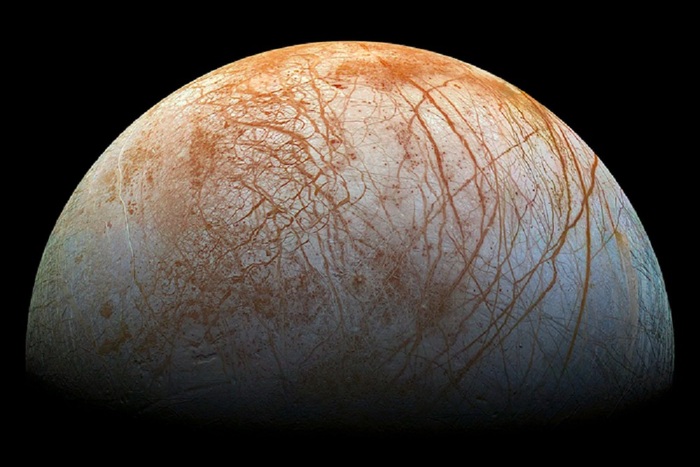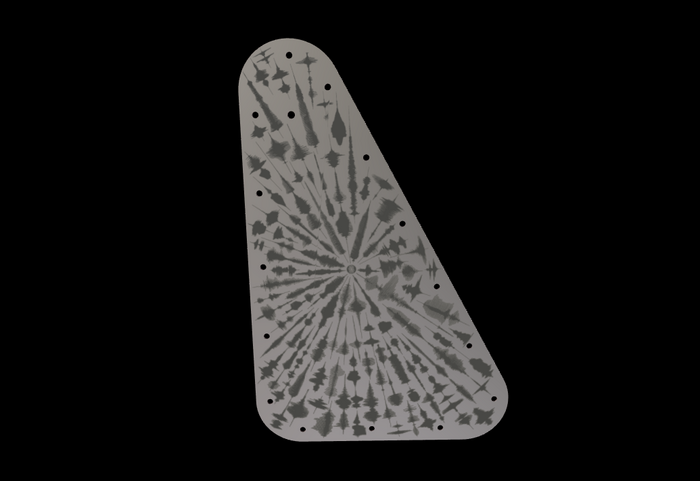Enlarge image
Rotifers under the microscope
Photo: Michael Plewka / dpa
Rotifers can only be seen under a microscope - but they are absolute survivors.
Extreme drought, long periods of hunger, lack of oxygen and cold do not affect the 0.1 to 0.5 millimeter small organisms.
In previous studies, researchers had been able to show that the animals can survive up to ten years in a frozen state.
But this achievement pales somewhat in view of the results of a recently published study: Researchers have recovered viable rotifers from the Siberian permafrost soil (read more about this carbon storage in danger) - and they were frozen for no less than 24,000 years.
The special thing about it: After thawing, the multicellular cells even began to divide.
"Our study is the clearest proof so far that multicellular animals can survive tens of thousands of years in cryptobiosis, the state of an almost completely stalled metabolism," says Stas Malavin from the Russian Institute for Physico-Chemical and Biological Problems in Soil Science.
Together with others he is the author of an article in the journal Current Biology.
The institute's researchers specialize in isolating microscopic organisms from the Siberian permafrost soil: To collect samples, boreholes are being made in some of the most remote locations in the Arctic.
In this way, the researchers have already found numerous unicellular microbes.
Roundworms and mosses that were 30,000 years old were also regenerated in the ice after many thousands of years.
Habitat in and around the water
Rotifers are now added to the list of resilient organisms. So far, around 2000 species, some of which are very different, have been described around the world, the body of which can be roughly divided into three parts: a foot consisting of two appendages with adhesive glands, a torso and a head with the eponymous wheel organ. This consists of movable eyelash fields or rings with which the animals move on the one hand, and on the other hand bring food to them. Their habitat is mainly in and around the water, where they mainly feed on algae and small plankton.
The researchers found rotifers of the genus Adineta in the permafrost samples. The age of the animals could be determined with the radiocarbon dating. After thawing, the animals were able to reproduce via parthenogenesis - a form of unisex reproduction. From this, the scientists bred a second culture of rotifers, which they used to study the freezing and thawing process in the laboratory.
Specifically, they froze the animals at a temperature of minus 15 degrees Celsius for a week. They also put specimens from today's populations on hold for comparison. The experiments showed that most rotifers could survive the formation of ice crystals that are formed during slow freezing - an indication that they have a mechanism that protects their cells and organs from damage at extremely low temperatures. "This means that a multicellular organism can be frozen and stored as such for thousands of years, only to come back to life - a dream of many fantasy authors," comments biologist Malavin.
Of course, the difficulty of preserving an organism frozen alive is increasing, with its complexity and for mammals this is currently not possible.
"But moving from a protozoan to an organism with an intestine and brain, even if it is microscopic, is a big step forward," says Malavin.
According to him, it is still unclear what it takes to survive in the ice for just a few years and whether the jump to thousands of years makes a big difference.
The scientists now want to take more samples from the Arctic in search of other organisms that are capable of such long-term cryptobiosis.
chs / dpa









